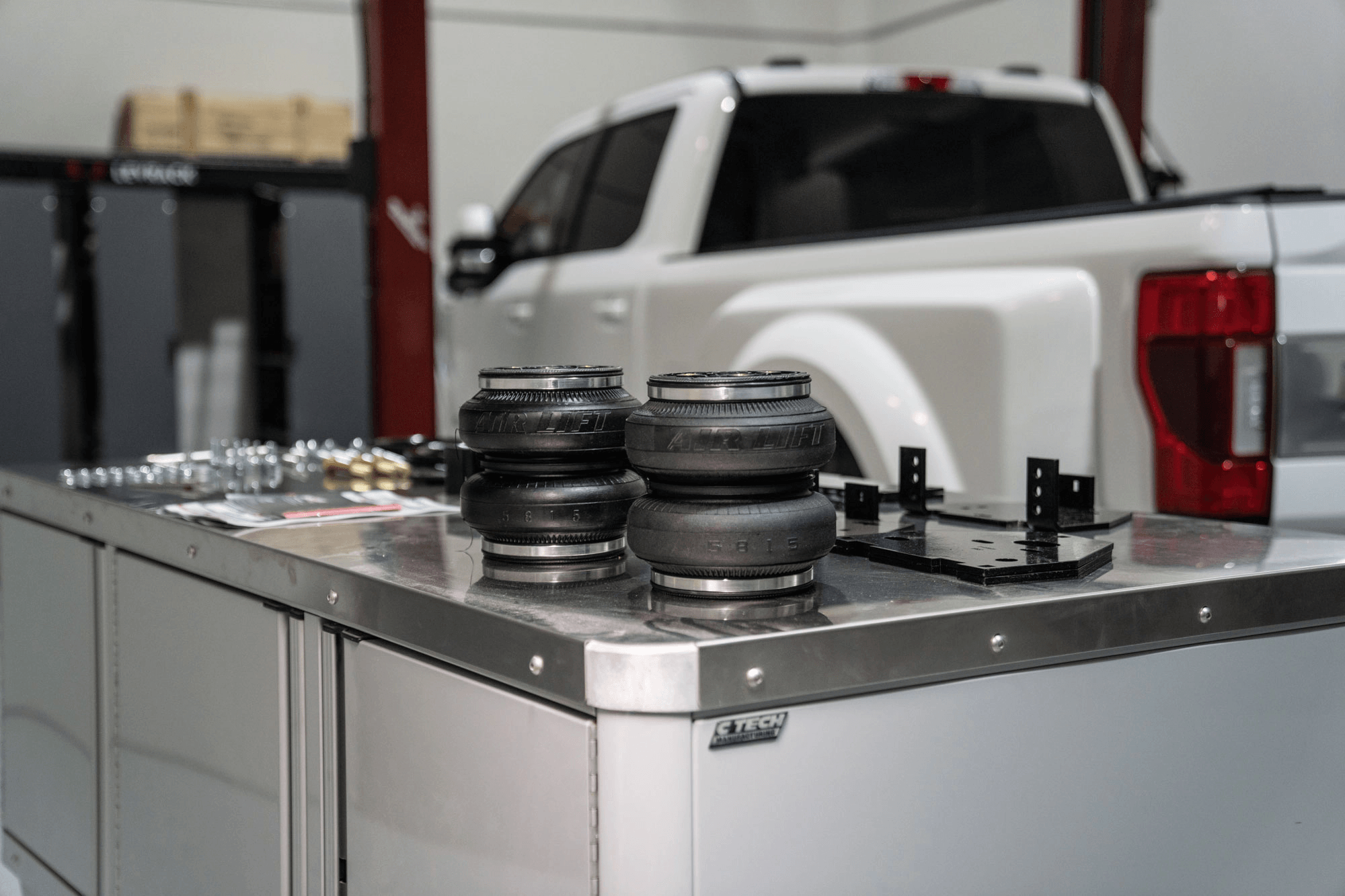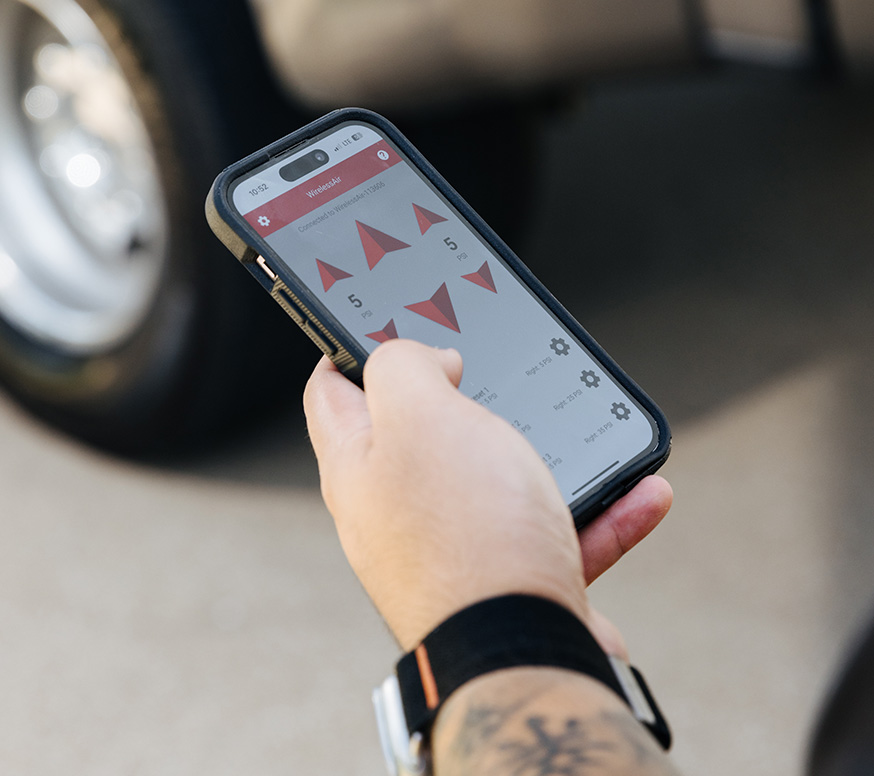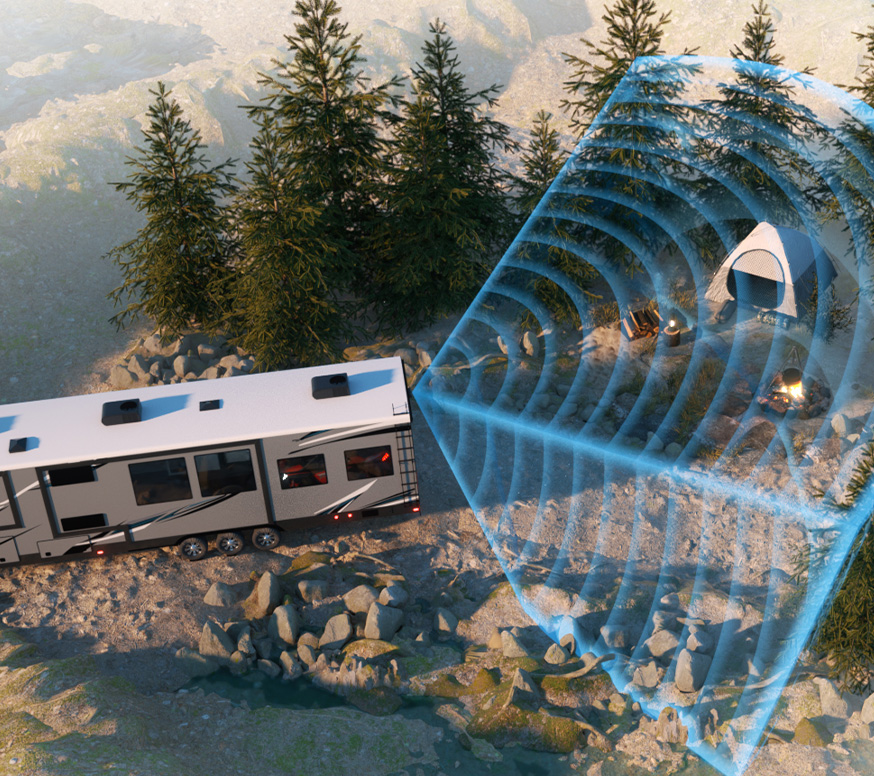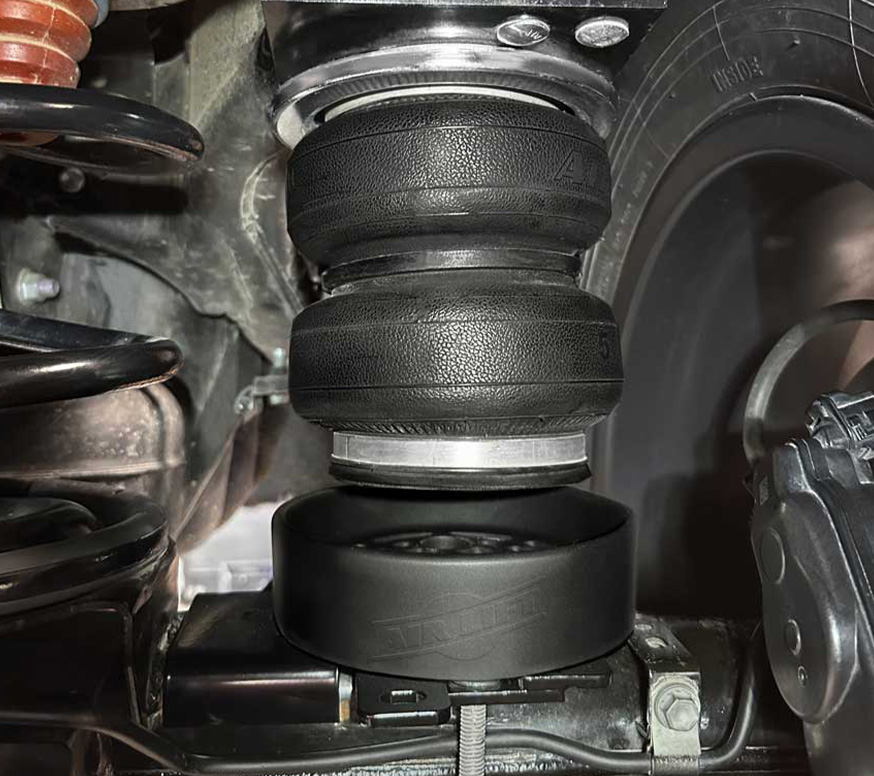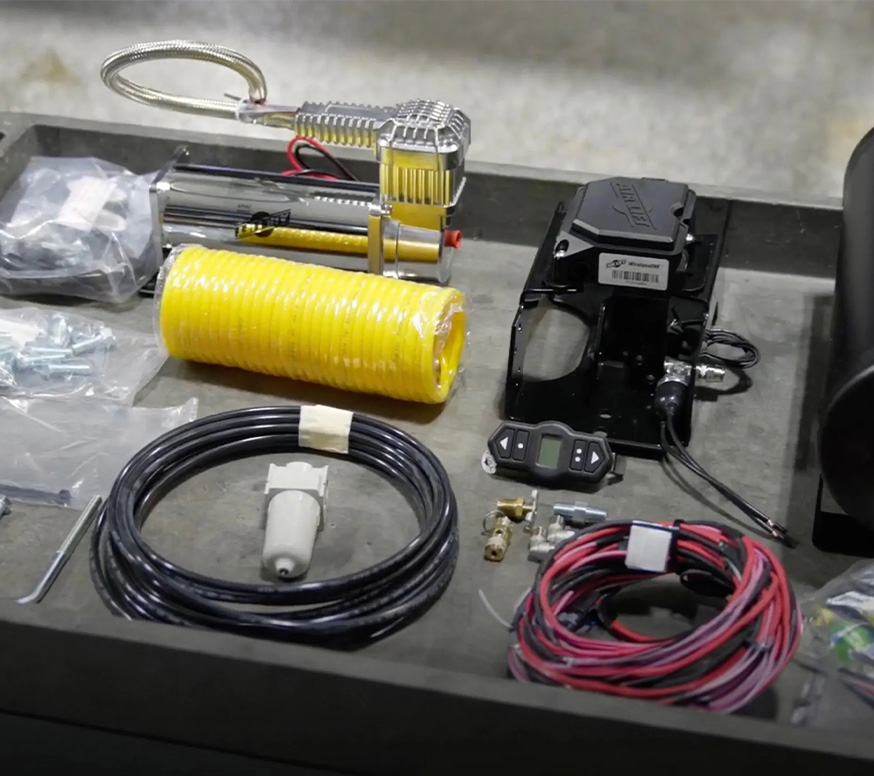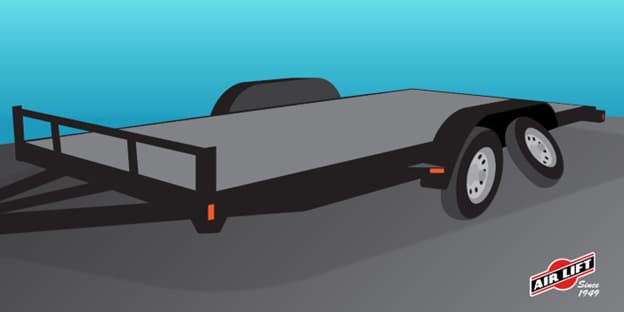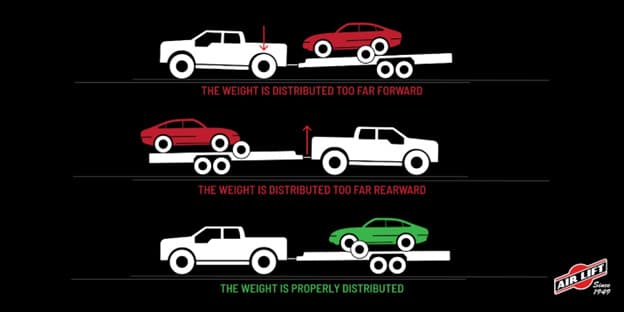
Hauling and Towing Pre Drive Checklist
9/30/2022
Whether you are a beginner or a seasoned tow-pro, you can ease your nerves by performing these pre-drive checks and ensure your vehicle is prepared for the task. Performing these quick checks could prevent little headaches or even save your life or the lives of others in serious situations, so take a moment to walk around your rig prior to setting off with a heavy load.
When you first purchase your trailer, it is a good idea to load it up with all of the gear you foresee hauling in it and weighing it at a weigh station so you are acutely aware of the weight. This information seems extraneous, but ultimately it is beneficial to understand what it is that you have slung off the back of your vehicle.
Check your tires and wheels
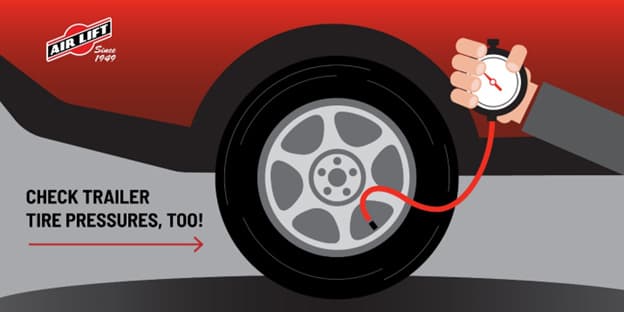
Tire pressure
Checking your tire pressure sounds simple, and despite modern cars being equipped with tire pressure monitoring systems (TPMS), most trailers do not have TPMS. It is imperative to check tire pressures on both your tow vehicle and trailer before setting off. Trailer tires are unique, and they often require significantly higher pressures than a car– high enough that many gas station air compressors are not sufficient. It may be necessary to take your trailer to a tire shop and ask them to fill your tires to the proper specification or purchase your own high-powered air compressor. If your trailer tires are underinflated, your load carrying capacity diminishes.
Tire Age & Condition
As much as tire pressure matters, so does the age and condition of your tires. A trailer that is stored outdoors will cause tires to degrade faster than a garaged trailer, but rubber still degrades and gradually grows brittle, regardless of storage conditions. Generally, trailer tires should be replaced every four-to-six years depending on their condition. Spare tires are included in that time span– nothing would be worse than replacing a blown tire with a spare that is not roadworthy.
